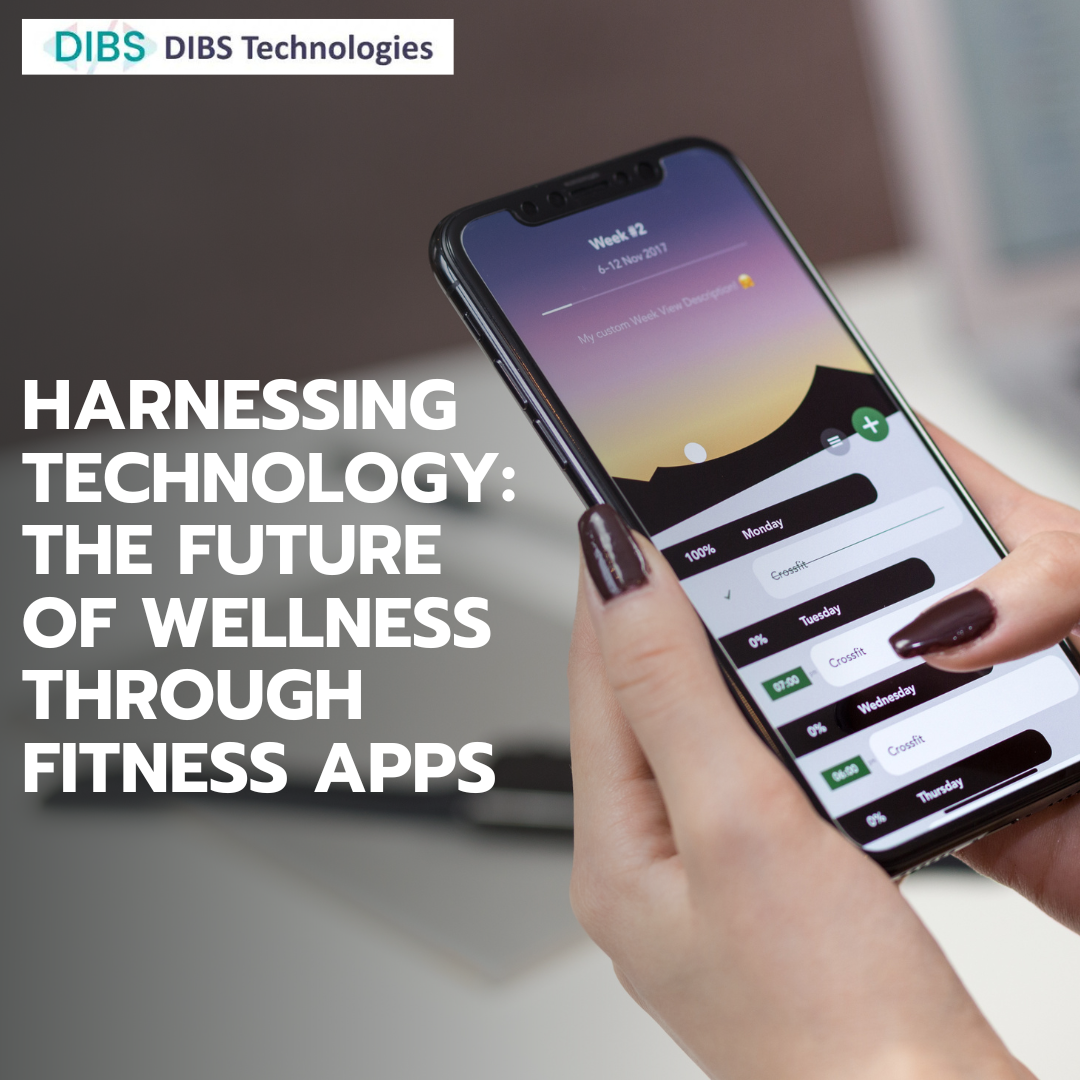In today’s fast paced world, fitness apps have become increasingly popular as people seek convenient and cost effective ways to stay healthy and fit. Fitness apps are designed to help individuals achieve their fitness goals. These may range from losing weight to building muscles and improving overall health. These apps offer a range of features, including workout tracking, personalized training plans, nutritional guidance, and social support.
In the contemporary world, where technology reigns supreme and health consciousness is at an all time high. Thus, the convergence of wellness and digital innovation has given rise to a new frontier: fitness apps. These apps have become the beacon of health, connecting businesses, specialty hospitals and wellness centers with their target audience in a personalized and impactful manner. So, In this digital age, crafting fitness apps catered to your business’s specialty can usher in a new era of engagement, empowerment, and holistic healthcare.
Ultimate Convenience from Fitness Apps
Fitness apps provide users with the flexibility to work out on their own schedule and at their own pace. Users can access workouts and training plans anytime, anywhere, using their mobile devices.
Unlimited Motivation
Fitness apps offer users the ability to track progress and set goals. Thus, it can help to motivate them to stay on track with their fitness regimen. Many apps also provide social support. It allows users to connect with other like minded individuals and share their successes and challenges.
The Power of Personalization
The days of generic fitness routines and cookie cutter diet plans are numbered. Today’s users demand personalized experiences that address their unique needs and goals. This is where fitness apps shine. For wellness centers, imagine an app that tailors yoga sessions, meditation practices, and nutrition recommendations based on an individual’s fitness level, preferences, and health objectives. For diabetic specialty hospitals, envision an app that crafts exercise regimens and meal plans meticulously designed to manage blood sugar levels.
Engagement and Accountability
Beyond being a repository of workouts and dietary guidelines, fitness apps play a pivotal role in engaging users and fostering accountability. Interactive features like progress tracking, goal setting, and social challenges keep users invested in their fitness journeys. Businesses can leverage these features to cultivate a sense of community among users, where shared achievements and mutual encouragement contribute to a supportive ecosystem.
Seamless Integration with Healthcare
Specialty hospitals and healthcare centers can leverage fitness apps to create a symbiotic relationship between wellness and medical care. A diabetic specialty hospital, for instance, can develop an app that syncs with patients’ health-monitoring devices. It can facilitate real time data sharing with healthcare providers. This integration allows medical professionals to track patient progress, offer timely guidance, and adapt treatment plans accordingly. Thus, such an approach not only enhances patient outcomes but also positions the hospital as a progressive and holistic healthcare provider.
Data-Driven Decision Making Through Fitness Apps
The data-rich environment of fitness apps provides a treasure trove of insights for businesses. By analyzing user behavior, preferences, and outcomes, wellness centers can identify trends in workout preferences, allowing them to curate classes that resonate with their clientele. Specialty hospitals can use data analytics to pinpoint areas where patients face challenges and devise targeted interventions. This data-driven approach not only empowers better decision-making but also empowers businesses to refine their offerings based on user needs.
Building Trust Through Expertise
A well-designed fitness app is not just a digital tool; it’s a platform to establish authority and build trust. Offering expert advice through informative blog posts, educational videos, and in-app content not only adds value to users but also positions your business as a trusted source of knowledge. For instance, a diabetic specialty hospital can debunk myths surrounding diabetes management or offer insights into optimizing nutrition for diabetic patients, showcasing their expertise beyond the app’s functionality.
User-Friendly Interface and Accessibility
The efficacy of any fitness app hinges on its user friendliness. A seamless, intuitive interface is crucial for engagement and retention. It’s essential to ensure that users of all ages and tech backgrounds can navigate the app with ease. So, for healthcare businesses, accessibility features are vital to cater to a diverse patient demographic, ensuring that the benefits of the app are accessible to all.
The Future of Fitness Apps
The symbiotic relationship between wellness and technology is defining the future of the industry. By embracing fitness apps, businesses and healthcare providers can create a robust bridge between expertise and user empowerment. These apps are not just about workouts and diets. It represents a paradigm shift toward comprehensive wellness solutions that cater to modern lifestyles.

In conclusion, fitness apps offer a range of benefits for individuals looking to improve their health and wellness. Thus, DIBS can help to develop Fitness apps that offers a range of features from convenience and personalization to motivation and cost effectiveness. Fitness apps are changing the way people approach fitness and leading the way towards a healthier future.
Talk to our experts and find out more about the latest healthcare technologies. You can find how DIBS team can help to digitalize workout plans, track progress, and offer nutritional guidance, promoting physical activity, improving overall health and well being.







Leave a Comment